Nicosia is an important governmental, diplomatic and commercial centre. All state institutions, consulates-general and the main offices of commercial companies are concentrated here.
Recently, the capital has created very favourable conditions for start-up projects - about 33% of all start-ups on the island are located here. It is also a city of students, with more than 20 higher education institutions. The capital is home to Cyprus' leading universities, such as the University of Nicosia, the University of Cyprus and the European University of Cyprus.
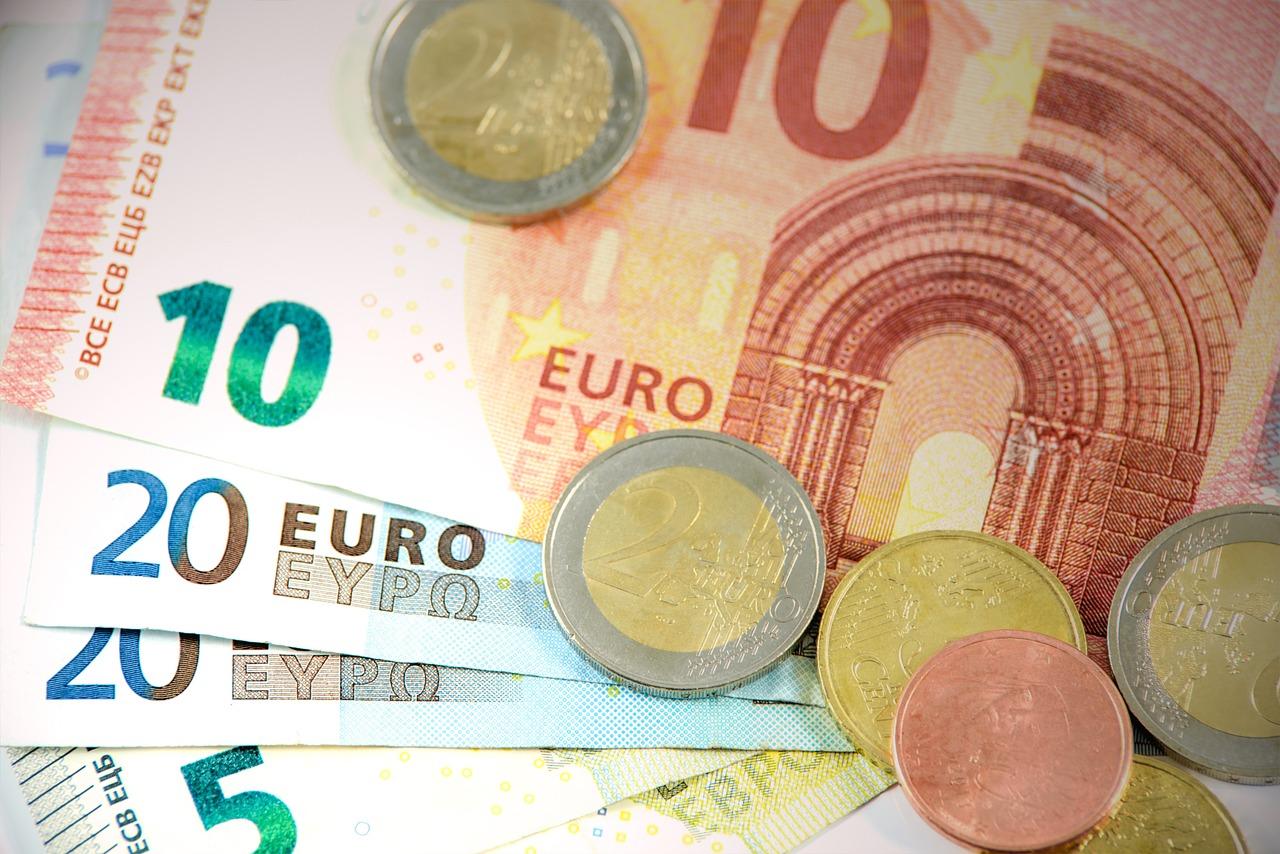
In 2024, Nicosia was ranked among the top ten small European cities in terms of living standards and human capital indicators. And according to local rankings, Nicosia is second only to Paphos in terms of living standards and climate. With a population of 330,000, it is the second most populous city after Limassol. Located in the centre of the island, it has a specific climate and landscape. Let's take a closer look at the standard of living and cost of living in the capital compared to other cities in Cyprus.
Cost of living in Nicosia
According to the latest statistics from Numbeo, Nicosia is a cheaper city to live in than Limassol and Paphos, and in some respects even cheaper than Larnaca. For example, a family of 4 needs about €2,964 per month without rent, while a single person needs only €844. Living in Nicosia is 12.5% cheaper and rent is 48.7% lower than in Limassol.
Rent in Larnaca is on average 17.6% higher than in Nicosia and in Paphos it is 36% higher than in the capital. Food prices are 1.2% higher in Larnaca than in Nicosia and 5% higher in Paphos. Restaurant prices are 5% lower in Larnaca than in Nicosia, but 9% higher in Paphos and 32% higher in Limassol than in the capital.
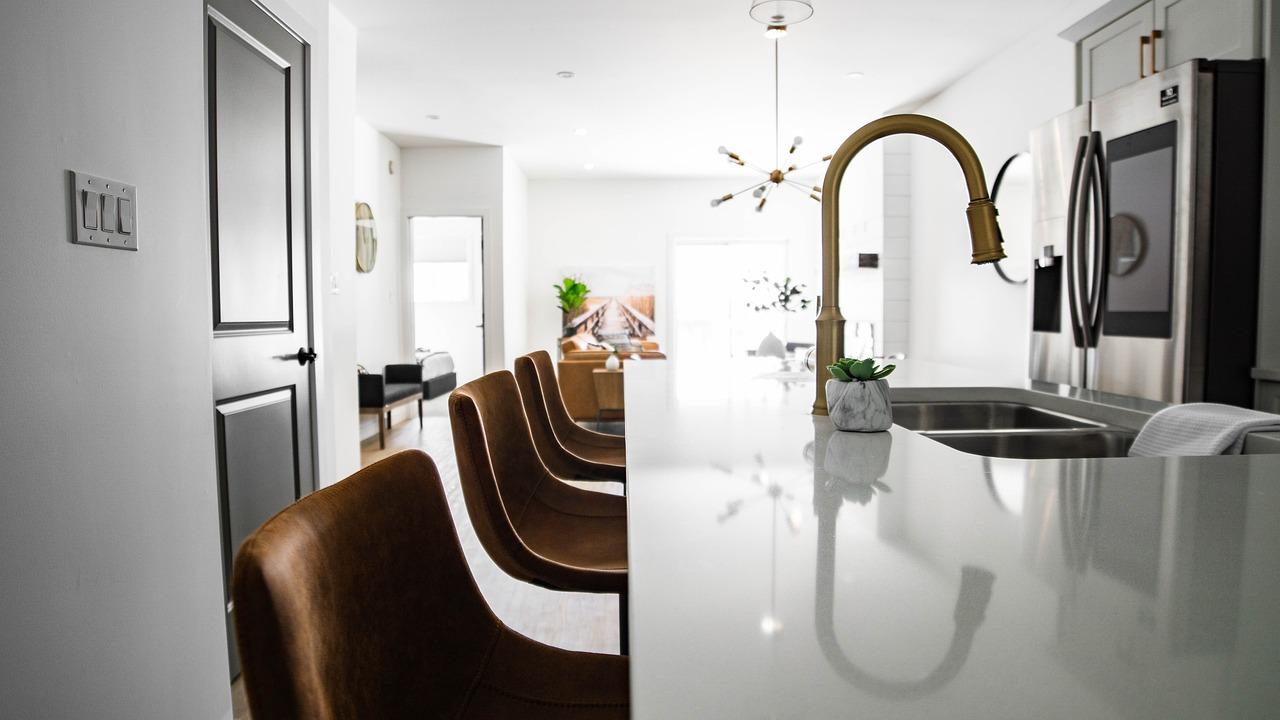
Renting accommodation in Nicosia
Renting an apartment for one person costs an average of 500 to 700 euros per month. And 3-room apartments cost an average of €1,000 to €1,500 per month, depending on their location and condition. The relatively low cost of renting is due to the fact that there is no seasonal demand, unlike in coastal tourist resorts, where rents can rise dramatically during high season.
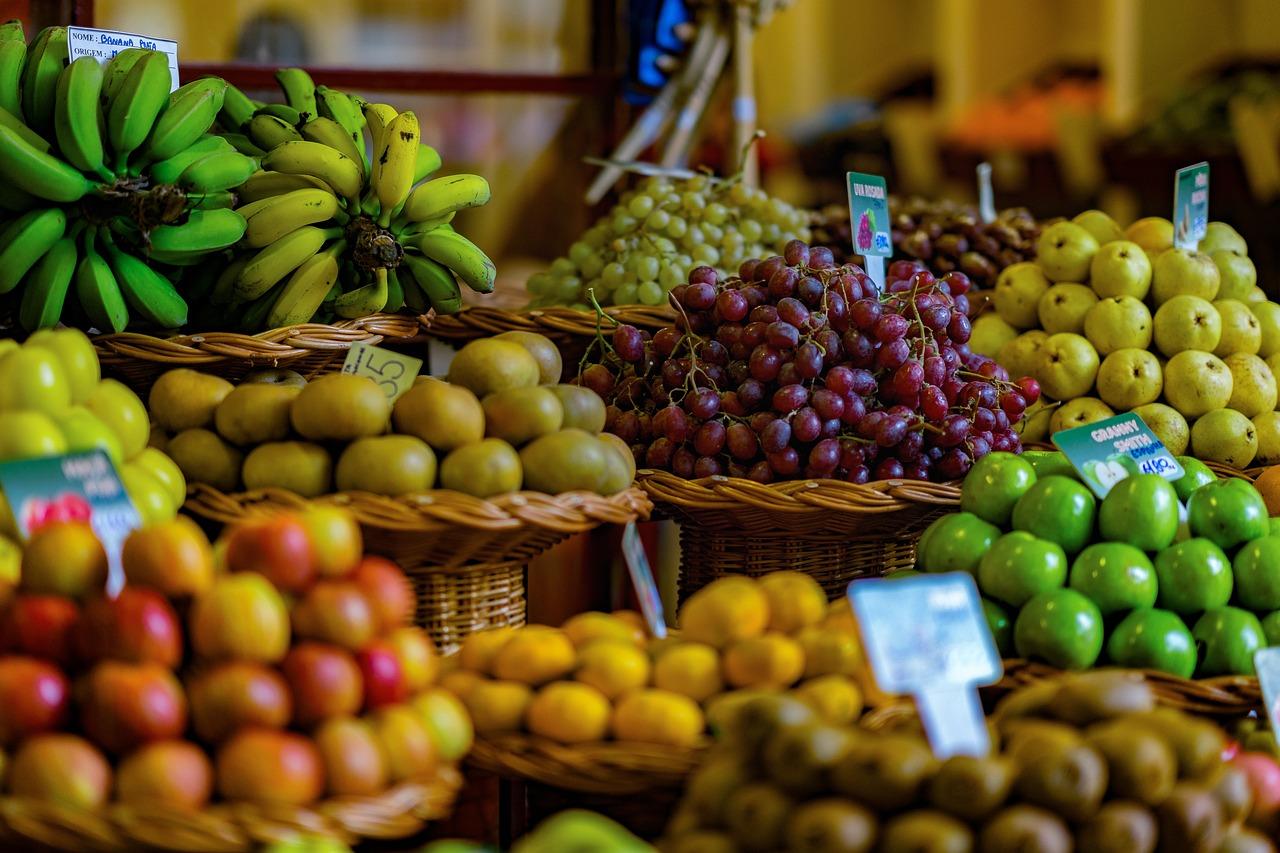
Shopping Basket
On average, you need at least 240-300 euros for one person to buy groceries per month, and about 1,100 euros for a family of 4. Usually, locals prefer to shop at Sklavenidis or Lidl chains, which are considered the most democratic in terms of prices. But if you want a wider range of goods, especially foreign ones, you should look for a more expensive chain - Alfamega.
Nicosia has an abundance of fruit, herbs and vegetables all year round. It's best to buy local, seasonal fruit and vegetables. Not only will it be cheaper, but it will be very fresh and tasty. Nicosia also has farmers' markets. The largest, the Ohi Fruit Market, is open every Wednesday and is located in the centre of the old town, near the Ohi junction. Farmers from the surrounding villages come here and you can buy the freshest vegetables at reasonable prices. Towards the end of the market, vendors are willing to give away leftover goods at half price.

Utility costs
On average, you can expect to spend around €180-200 per month on utilities, but this can vary depending on your needs. It is worth remembering that Nicosia is much cooler in winter than the coast and temperatures can drop to +4 degrees Celsius at night. There may therefore be an additional need for heating. Electricity is quite expensive in Cyprus. If you are planning to live in Nicosia for a long time, or are buying a property, it makes sense to look for accommodation with solar panels, or to invest in their installation. This will significantly reduce your electricity bill and pay for itself within a few years.

Healthcare
The island has a Gesy scheme which covers 80% of the cost of medical care, including the cost of medicines. The scheme is available to island residents, EU citizens and those with permanent residence in Cyprus, as well as their family members. Dental services are not fully covered by Gesy - only annual check-ups and cleanings are available.
If you are moving to Nicosia for work, it is likely that health insurance will be part of your social package. There are also many insurance companies where you can take out health insurance. A visit to a doctor without insurance will cost around €50. To find the right specialist and make an appointment, visit the public health service website. There are two public hospitals in the capital: Nicosia General Hospital and Archbishop Makarios Hospital. Private hospitals include Apolloneo and the American Heart Centre. Most doctors speak good English and Russian-speaking specialists are also available.
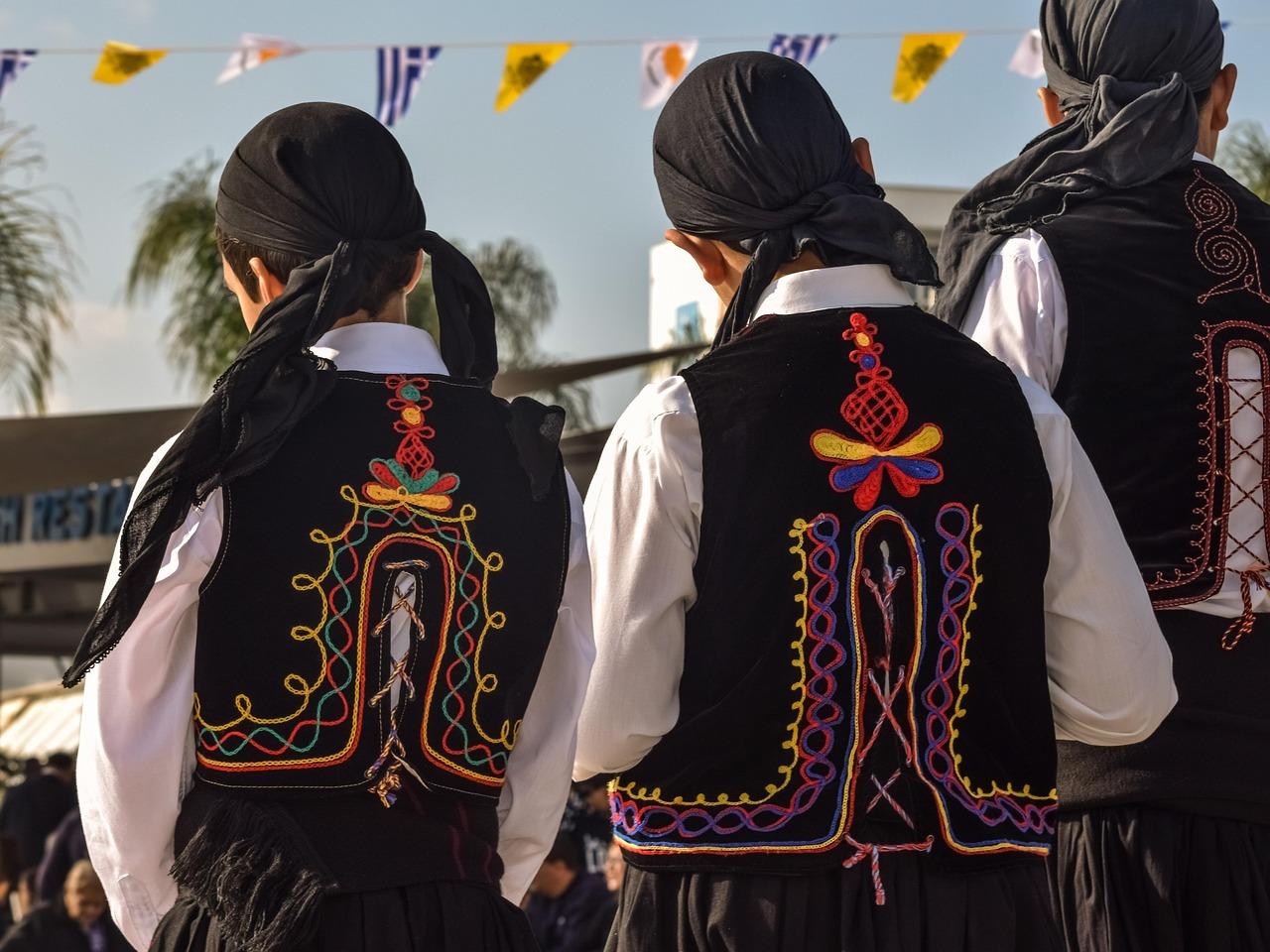
Weekends and public holidays
There are many public holidays in Cyprus. As religion is not separated from the state, the main Orthodox holidays are also public holidays. This includes not only Easter and Christmas, but also the feasts of the Assumption (15 August) and Epiphany (6 January).
On public holidays, public transport operates on a special or Sunday timetable, and shops, banks, pharmacies and offices are also closed. However, there is a pharmacy in each district that is open on weekends and holidays. A list of these pharmacies can be found here. According to local tradition, Wednesday is a day off for many businesses, including pharmacies. Some shops may also be closed or only open part of the day. It is best to check their opening hours in advance.
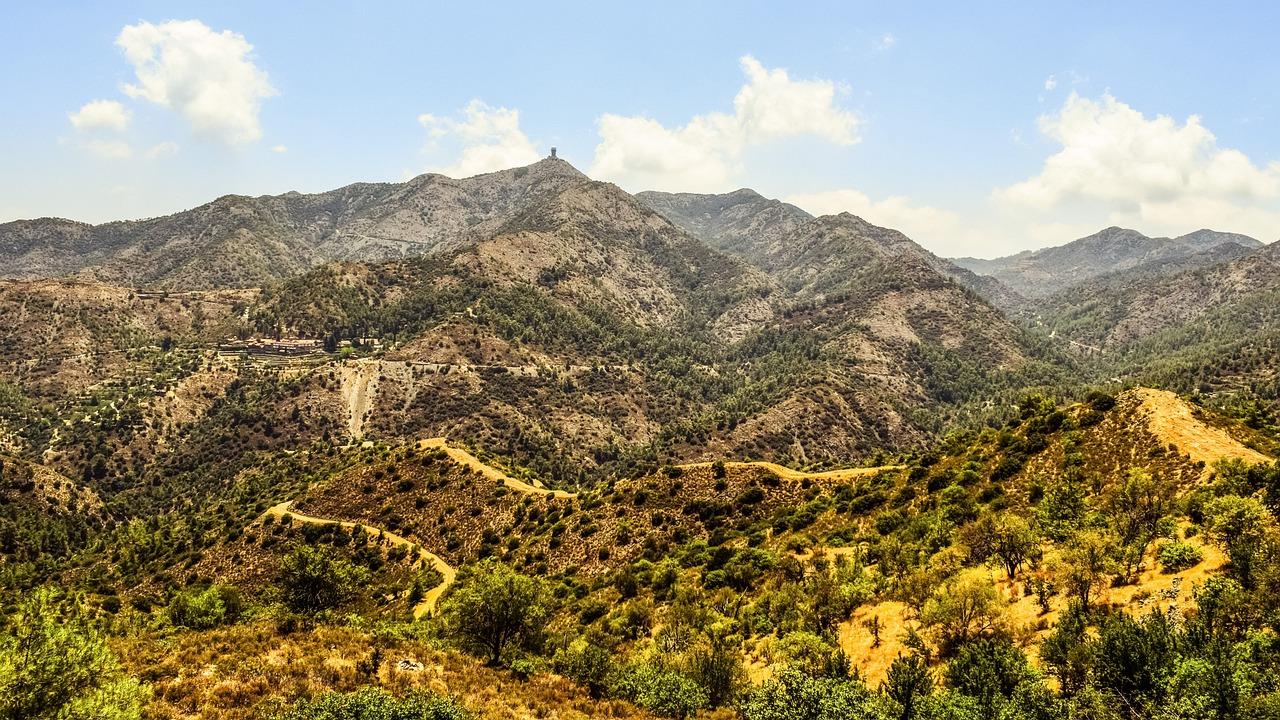
Climate in Nicosia
Located in the centre of the island, the capital has a mixed climate, combining Mediterranean and semi-desert conditions. The air in Nicosia is drier than in the coastal cities. In summer it can be several degrees hotter than on the coast. The hottest temperature in the summer months is around +44 degrees. The hottest month is August. Due to the proximity of the mountains, the winter is colder than on the coast. If it snows in Troadoos, the cold air is bound to reach Nicosia. The average night temperature is between 7 and 4 degrees Celsius, but in rare cases it can drop to + 1-2 degrees Celsius.
Nicosia has a drier climate than the coastal cities and receives the least amount of rainfall. As a result, its air quality is inferior to that of Paphos. Dust storms are common in the city. On some days, the air has a particularly high concentration of allergens - pollen, various micro-particles and dust. Daily air quality forecasts are available for sensitive people. For example, at www.aqicn.org and www.accuweather.com.
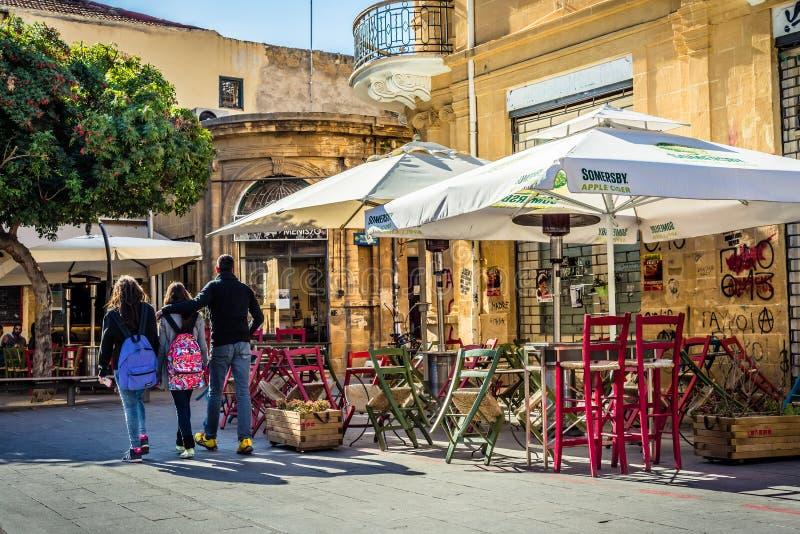
Local culture and mentality
At first glance, you might think that the locals are less friendly and more reserved than their coastal counterparts. No one will beckon you into shops or restaurants. And compared to the relaxed and leisurely pace of the coastal towns, the atmosphere in the capital seems more tense. The locals also have a certain dignity and pride in living in the capital. Historically, there have been fewer expats living here than in Limassol or Paphos, and until recently there was a more cautious attitude towards them. However, with the recent arrival of more foreign students and professionals, this is beginning to change and the capital's population is becoming more diverse and cosmopolitan. The traditional Cypriot friendliness and hospitality is also inherent in the people of Nicosia and they will be happy to help you.
However, despite their outward openness, it is much more difficult to develop deep friendships with locals than it is to maintain superficial social contacts. Greek Cypriots are very family-orientated and prefer to spend time with their extended family or old, trusted friends. They do not easily let new people into their circle, especially foreigners. They are mostly homebodies and prefer to spend their evenings at home with their families or in chain coffee shops. As a result, the nightlife in Nicosia is not as intense as on the coast.
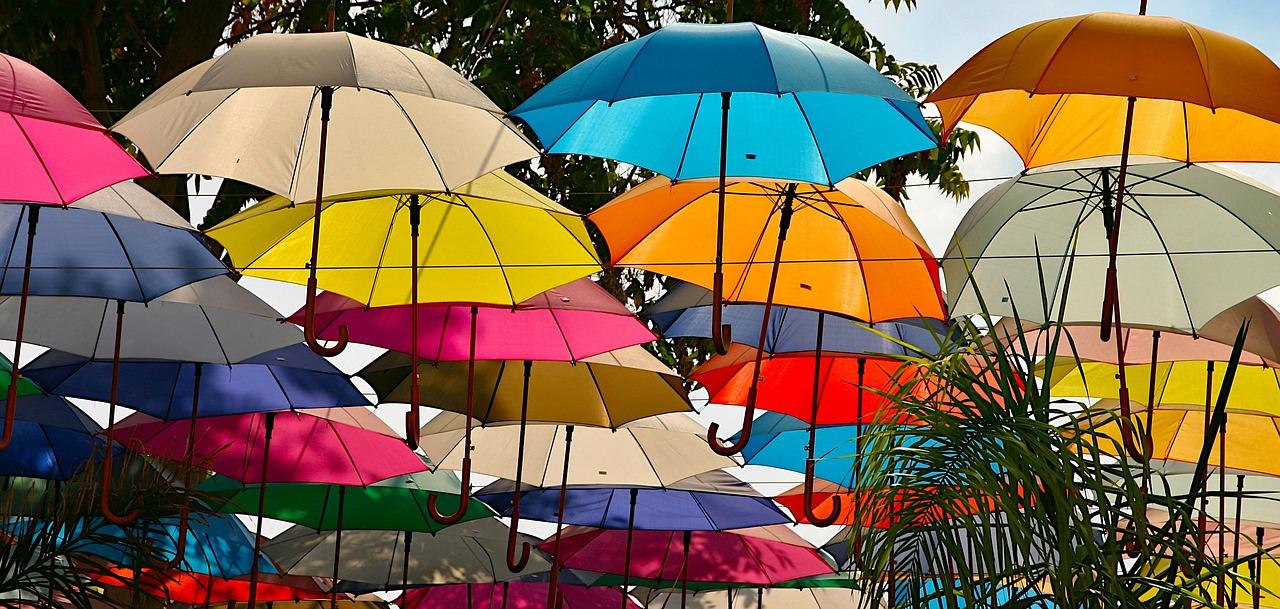
Integration and adaptation
In order to feel comfortable in Nicosia, it is important to communicate with your fellow countrymen and other foreigners, as well as with the locals, and to learn the local language and traditions. To connect with Greek Cypriots, it is useful to learn at least a few phrases in Greek - this will definitely melt their hearts and make your communication with them more open and heartfelt.
There are many expat communities on the internet, especially Facebook, where you can find like-minded and interested friends. There's even a group for walking enthusiasts. You can also find a new and interesting hobby. Sign up for a painting, drawing or pottery class, for example.
If you're an outdoor enthusiast, there are plenty of cycle routes in the city. You can also take a car and explore the surrounding villages, discovering the local colour, new cosy restaurants and taverns, old temples with ancient frescoes that are UNESCO heritage sites. For example, you can visit the villages of Fikardu, Filani, Kliru, Lagudera and the ancient temple of Panagia Asinou. You can also find several hiking trails in the lap of nature. Even within the city limits there are several parks and long walks. Or take a weekend trip to one of the picturesque mountain villages, using the Cyprus Agrotourism Service, where it is easy to find traditional-style accommodation at an affordable price.
Nicosia skilfully combines the ancient and the modern. In recent years, the population of the capital has become more cosmopolitan, with more foreign professionals and immigrants. As a result, you are unlikely to feel lonely. And if you want to escape the hustle and bustle of the city, you only need to drive 30 minutes and immerse yourself in the peaceful atmosphere of picturesque nature and colourful villages. The majestic Troadoos Mountains are also not far away. Despite the fact that Nicosia is not a seaside city, it is easy to get to the nearest beach and will take no more than an hour if you have a car. Overall, settling into Nicosia will go smoothly if you are open to socialising, new experiences and culture.
Read also:
